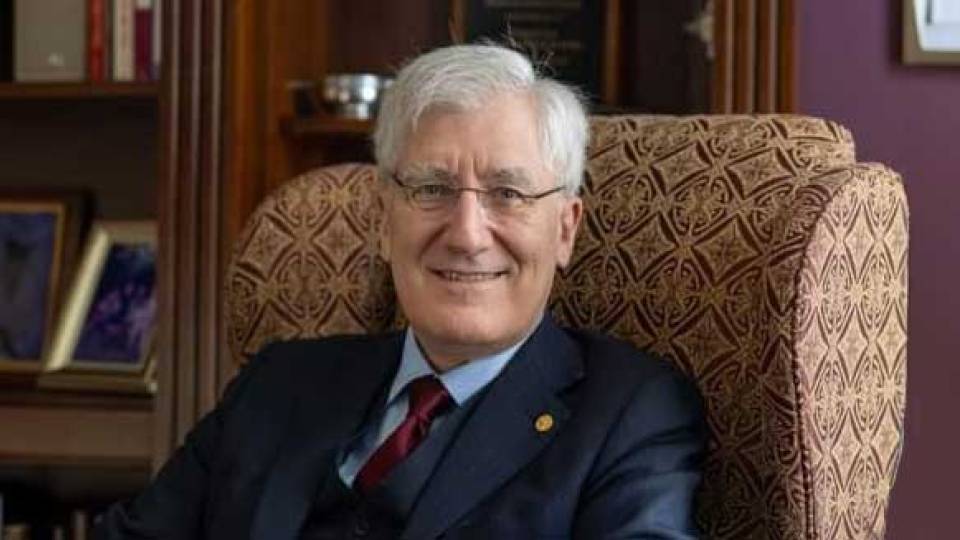Laura Kalin, an associate professor of linguistics in the Humanities Council, has received the 2024 Early Career Award from the Linguistic Society of America (LSA). She was chosen “based on an exceptional record of service, research, teaching, and publication, combined with innovative reformulation of linguistic course offerings for the Program in Linguistics at Princeton University,” according to the award citation. Kalin is associate director of the program.

Laura Kalin
Scholars are nominated by both peers outside their institution and colleagues within it.
“We are delighted that Professor Kalin has been honored by the LSA,” said Adam Elga, professor of philosophy and the director of the Program in Linguistics. “We’re grateful for her world class research abilities, teaching that manifests a contagious enthusiasm, and her pivotal role in the continued growth of our course offerings and curriculum.”
Said Kalin: “Receiving the Early Career Award from the LSA is especially meaningful to me because it explicitly recognizes not just my research and my scholarly work, but also the time, effort and dedication I’ve put into the Humanities Council’s Program in Linguistics at Princeton.”
Kalin built the new undergraduate program with colleagues Byron Ahn and Florian Lionnet. The curriculum allows students to pursue an independent major in linguistics or a minor.
She, Ahn and Lionnet have also been successful at designing survey courses that attract students from a wide range of majors. In her own sociolinguistics course, “Language in Its Contexts,” students explore “how and why language varies across social groups, the relationship between language and thought, and the nature of bilingualism and multilingualism,” she said. “The course challenges students to think more deeply about the many ways that they interact with the world that involve language.”
Kalin earned her Ph.D. at the University of California-Los Angeles in 2014. Her research focuses on the syntax and morphology of understudied (and often endangered) languages with a current focus on a group of Neo-Aramaic languages originally spoken in Kurdish areas of Iraq, Iran, Syria and Turkey, and spoken today in a widespread diaspora.





